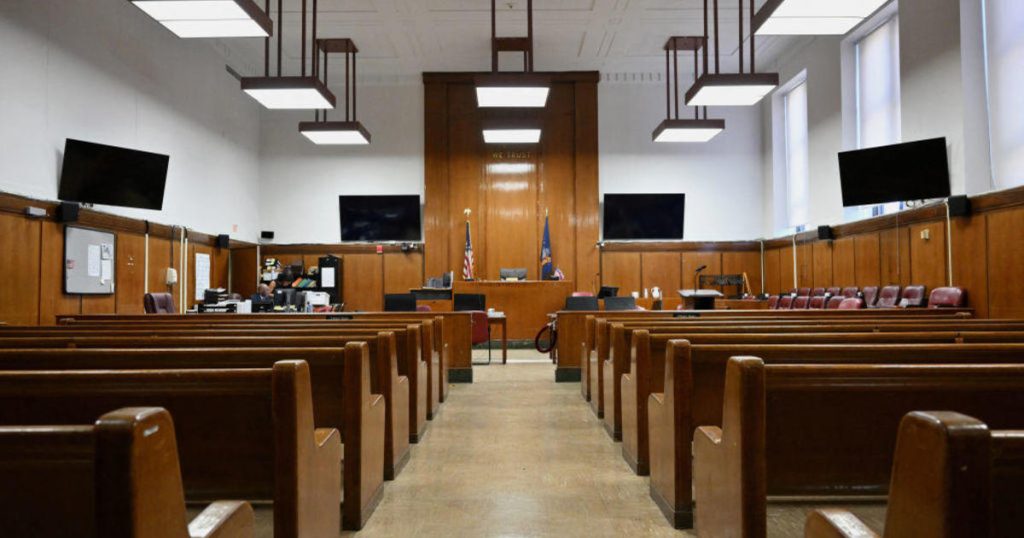Several hundred Manhattan residents have been summoned to the borough’s criminal court to potentially serve as jurors in a high-profile criminal trial involving former President Donald Trump. Trump faces 34 felony counts related to the payment of “hush money” to an adult film star before the 2016 election. The jury selection process involves reviewing potential jurors’ responses to questionnaires and interviewing them individually to eliminate biases and ensure they can render a verdict based on the evidence. The goal is to select 12 jurors and a few alternates who are impartial and open-minded.
The extensive media coverage and public attention surrounding Trump’s case present challenges in jury selection, as pretrial publicity can influence jurors’ opinions and perceptions of the case. Trump’s lawyers have raised concerns about potential jurors’ understanding of the case due to media coverage, while prosecutors have argued that Trump himself has actively cultivated media attention. The selection process, known as voir dire, aims to identify individuals who have not already formed opinions about the case and can objectively evaluate the evidence presented during the trial.
The impact of media coverage on potential jurors’ biases is a significant concern in high-profile cases like Trump’s, as individuals may be influenced by pretrial publicity when interpreting evidence and deliberating the case. Trump’s lawyers have expressed concerns about the fairness of the trial due to extensive coverage and public statements made by the former president regarding the case. Despite attempts to ensure an impartial jury, the challenge of selecting unbiased jurors in cases involving famous and controversial defendants remains a significant issue in high-profile trials.
Researching potential jurors’ backgrounds and online presence is a crucial component of the jury selection process in high-profile cases. Specialists are employed to analyze potential jurors’ social media activity and public statements to determine their biases and opinions on the case. The use of anonymous juries, typically reserved for cases involving organized crime, is also considered in Trump’s trial to protect jurors’ identities and prevent interference with the judicial process. Judge Juan Merchan has imposed a gag order to restrict Trump’s comments about potential witnesses and maintain the integrity of the trial process.
The elaborate process of selecting an impartial jury in Trump’s trial demonstrates the complexities involved in high-profile criminal cases. The need to address potential biases and preconceived notions among jurors underscores the importance of ensuring a fair and unbiased trial for both the prosecution and defense. Despite challenges related to media coverage and public attention, the judicial system aims to uphold the principles of justice and transparency in high-profile trials like the one involving former President Donald Trump. The jury selection process plays a critical role in determining the outcome of the trial and upholding the rule of law in one of the most significant criminal cases in U.S. history.


